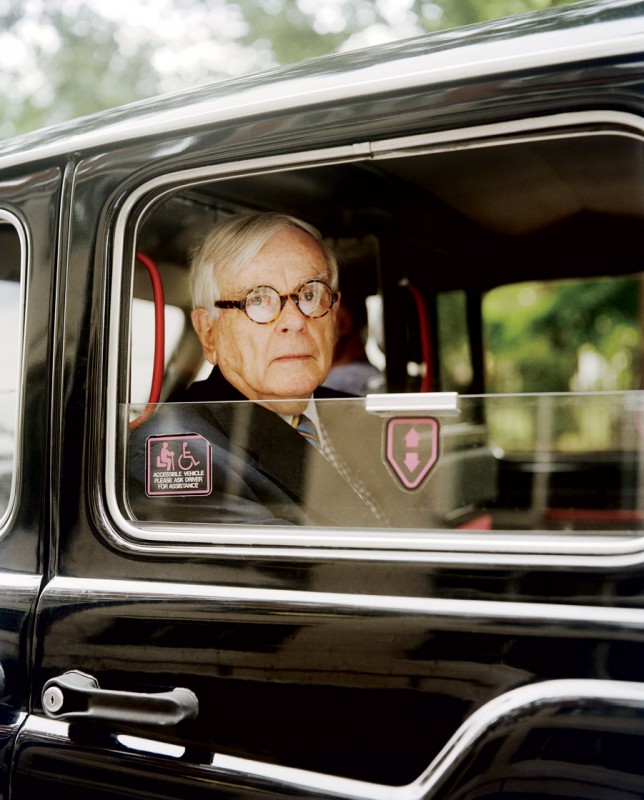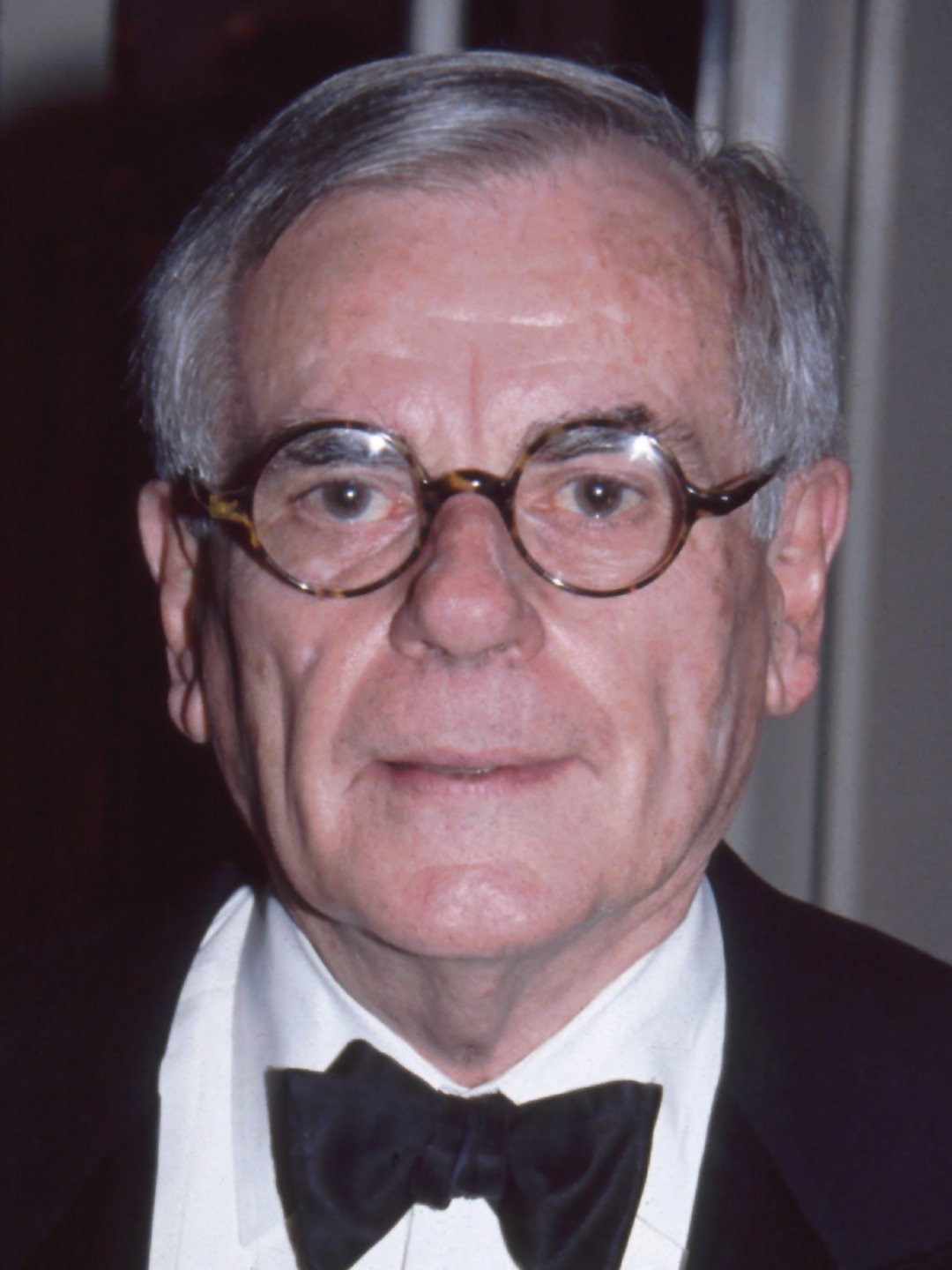Dominick Dunne: The Legendary Investigative Journalist Who Redefined True Crime
When you think of true crime journalism, one name stands out like a beacon in the dark—Dominick Dunne. This is the guy who turned gritty crime stories into gripping narratives that captivated audiences worldwide. Dunne wasn't just reporting; he was storytelling, weaving intricate webs of human drama that brought the courtroom to your living room. His ability to humanize victims and expose the underbelly of high society made him a household name.
Now, imagine this: a world before Netflix documentaries or true crime podcasts. Back in the day, Dominick Dunne was the go-to source for all things scandalous, shocking, and downright riveting. His work wasn't just about crime; it was about understanding the complexities of human nature, the justice system, and the societal structures that often fail us. Dunne's reporting style was raw, unfiltered, and deeply empathetic, making him one of the most respected figures in journalism.
But who exactly was Dominick Dunne? Was he just a journalist, or was there more to the man behind the pen? In this article, we'll dive deep into his life, career, and legacy. We'll explore how he revolutionized the true crime genre, his impact on modern journalism, and why his work still resonates with audiences today. So, grab a cup of coffee, settle in, and let's unravel the fascinating world of Dominick Dunne.
Table of Contents
- Biography: The Man Behind the Legend
- Early Life and Education
- Career Beginnings: From Hollywood to Journalism
- Dominick Dunne and the True Crime Genre
- His Signature Writing Style
- The Famous Cases That Defined His Career
- Impact on Journalism and Society
- The Lasting Legacy of Dominick Dunne
- A Look Into His Personal Life
- Tribute to a True Crime Icon
Biography: The Man Behind the Legend
Before we dive into his groundbreaking work, let's get to know the man behind the legend. Dominick Dunne was born on February 26, 1925, in Hartford, Connecticut. He wasn't always a journalist; in fact, his journey to becoming a true crime icon was anything but straightforward. Dunne wore many hats throughout his life—actor, screenwriter, novelist, and finally, investigative journalist. Each phase of his career added depth to his storytelling and gave him a unique perspective on the world.
Early Life and Education
Growing up in Connecticut, Dunne was surrounded by a family that valued education and the arts. He attended Choate Rosemary Hall, a prestigious prep school, before enrolling at Yale University. During his time at Yale, Dunne developed a passion for writing and theater, which would later influence his career choices. After serving in the U.S. Navy during World War II, he pursued a career in acting, appearing in several Broadway plays and films.
But acting wasn't where his heart truly lay. Dunne soon realized that his true calling was in storytelling, and he transitioned into screenwriting. His early work in Hollywood gave him a front-row seat to the glitz and glamour of celebrity life, but it also exposed him to the darker side of fame—a theme that would later dominate his true crime writing.
Career Beginnings: From Hollywood to Journalism
Dunne's career in journalism began almost by accident. In 1983, his daughter Dominique was brutally murdered by her boyfriend, John Sweeney. This tragic event not only devastated Dunne personally but also ignited a passion for justice and truth. He began writing about the case, detailing the legal proceedings and the complexities of the justice system. His articles, published in Vanity Fair, gained widespread attention and marked the beginning of his true crime career.
What set Dunne apart from other journalists was his ability to blend personal experience with professional reporting. He didn't just report the facts; he added emotional depth and context, making his stories relatable and engaging. His work on the Sweeney trial earned him a reputation as a compassionate yet relentless investigator.
Dominick Dunne and the True Crime Genre
True crime wasn't always the glamorous genre it is today. Before Dominick Dunne, most true crime stories were dry, factual accounts that lacked emotional depth. Dunne changed all that. He brought a literary flair to his reporting, turning crime stories into compelling narratives that captivated readers. His work wasn't just about the crime; it was about the people involved—the victims, the perpetrators, and the families left behind.
One of Dunne's most famous quotes sums up his approach: "I write about the rich and powerful because they have everything to lose." This philosophy guided his reporting, as he often focused on high-profile cases involving celebrities and wealthy individuals. By doing so, he shed light on the systemic inequalities within the justice system and challenged readers to question the fairness of the legal process.
His Signature Writing Style
Dunne's writing style was a masterclass in storytelling. He had a knack for turning complex legal jargon into accessible prose that anyone could understand. His use of vivid imagery and emotional language made his stories come alive on the page. Here are some key elements of his signature style:
- Vivid Descriptions: Dunne painted pictures with his words, bringing scenes to life in a way that felt cinematic.
- Empathy and Compassion: He always put the victims and their families at the forefront of his stories, ensuring their voices were heard.
- Sharp Wit: Dunne wasn't afraid to inject humor into his writing, often using sarcasm to highlight the absurdities of the justice system.
These elements combined to create a unique voice that resonated with readers and set him apart from his peers.
The Famous Cases That Defined His Career
Dunne covered some of the most notorious cases of his time, each one adding to his reputation as a true crime authority. Here are a few of the cases that defined his career:
- The Menendez Brothers Trial: Dunne's coverage of the trial of Lyle and Erik Menendez, who were accused of murdering their wealthy parents, was a masterclass in investigative journalism. His articles for Vanity Fair provided an inside look at the trial and the psychological profiles of the brothers.
- O.J. Simpson Trial: Dunne was one of the few journalists who predicted the verdict of the trial, based on his understanding of the legal system and the racial dynamics at play. His insights were invaluable to readers trying to make sense of the complex case.
- The Bobbit Case: Dunne's reporting on the case of Lorena Bobbitt, who cut off her husband's penis after years of alleged abuse, sparked a national conversation about domestic violence and gender roles.
Through these cases, Dunne not only informed the public but also challenged societal norms and sparked important conversations about justice, power, and privilege.
Impact on Journalism and Society
Dunne's influence on journalism cannot be overstated. He paved the way for modern true crime journalism, inspiring a generation of writers and reporters. His focus on empathy and humanization set a new standard for how crime stories should be told. By bringing attention to high-profile cases, he also highlighted the flaws in the justice system and advocated for change.
Society owes a debt of gratitude to Dominick Dunne for his commitment to truth and justice. His work not only entertained but also educated, challenging readers to think critically about the world around them. In an era where sensationalism often dominates the news cycle, Dunne's dedication to ethical journalism stands out as a shining example for all aspiring journalists.
The Lasting Legacy of Dominick Dunne
Even after his passing in 2009, Dominick Dunne's legacy lives on. His books, such as "The Two Mrs. Grenvilles" and "A Season in Purgatory," continue to be bestsellers, and his articles remain a benchmark for true crime writing. His influence can be seen in the work of modern true crime authors and podcasters, who strive to emulate his unique blend of storytelling and investigative journalism.
But Dunne's legacy extends beyond the written word. He was a pioneer in the true crime genre, paving the way for the explosion of interest in the field today. His work inspired countless others to pursue careers in journalism, and his commitment to truth and justice continues to inspire readers worldwide.
A Look Into His Personal Life
Beyond his professional achievements, Dominick Dunne was a complex and multifaceted individual. Here's a glimpse into his personal life:
| Full Name | Dominick Francis Dunne |
|---|---|
| Birthdate | February 26, 1925 |
| Birthplace | Hartford, Connecticut |
| Education | Choate Rosemary Hall, Yale University |
| Family | Married twice, had five children |
Dunne's personal life was marked by both triumphs and tragedies. The murder of his daughter Dominique was a defining moment in his life, shaping his career and worldview. Despite the challenges he faced, Dunne remained a devoted father and husband, cherishing his family above all else.
Tribute to a True Crime Icon
In conclusion, Dominick Dunne was more than just a journalist; he was a storyteller, a truth-seeker, and a champion for justice. His work continues to inspire and inform, and his legacy lives on in the hearts of those who read his words. As we reflect on his life and career, let us remember the power of storytelling and the importance of seeking truth in a world often clouded by misinformation.
So, dear reader, the next time you binge-watch a true crime documentary or listen to a podcast, think of Dominick Dunne. Think of the man who turned crime stories into art and who taught us that behind every headline lies a human story waiting to be told. Share this article, leave a comment, and keep the conversation going. After all, that's what Dominick Dunne would have wanted.
Rest in peace, Dominick Dunne. Your words will never be forgotten.
Cynthia Nixon Kids: A Dive Into The Lives Of The Beloved Actress's Children
Mimi Sommer: The Rising Star Who's Captivating Hearts Worldwide
Amy Winehouse Cause Of Death: Unveiling The Tragic Story Behind The Iconic Voice

Dominick Dunne Topics Vanity Fair

Dominick Dunne Journalist, Writer, Producer

Dominick Dunne Journalist, Writer, Producer